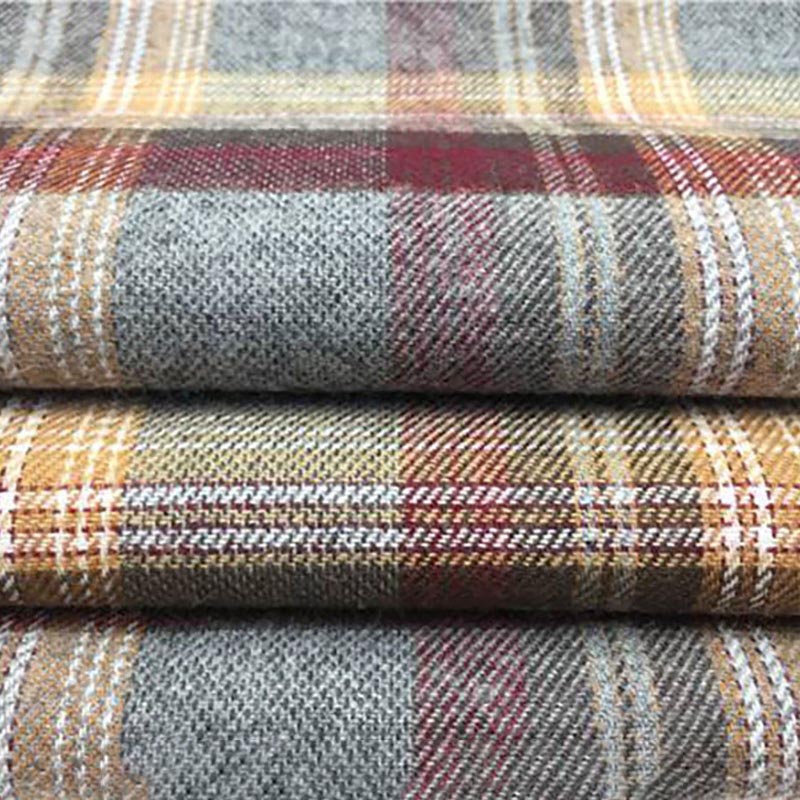In the current context of increasing global environmental awareness, textile sustainability has become an important issue for industry development. If companies can actively respond to this trend, they will not only help protect the environment, but also enhance their brand image and achieve sustainable growth.
The use of sustainable textiles can significantly reduce the negative impact on the environment. Implementing sustainable production processes helps reduce water consumption and waste generation, thereby reducing damage to the ecological environment.
In recent years, more and more companies have begun to use bio-based materials and recycled fibers. For example, new processes such as flannel dyeing and poplin dyeing not only optimize the production process, but also achieve efficient use of resources. .jpg)
As consumers' attention to environmentally friendly products continues to rise, so does the market demand for sustainable textiles. If companies can seize this trend in time, they will take an advantage in the competition.
In the textile industry, promoting sustainability is not only consistent with the overall goal of environmental protection, but also provides new growth opportunities for companies. We should work together to integrate the concept of sustainable development into product design and production to create a better future.
.jpg)

